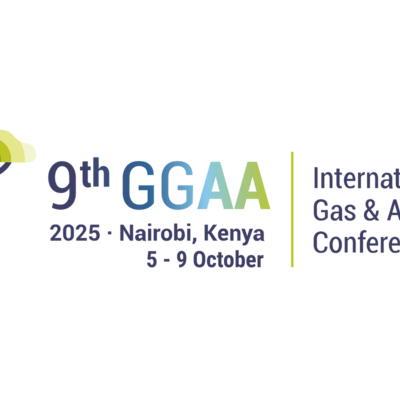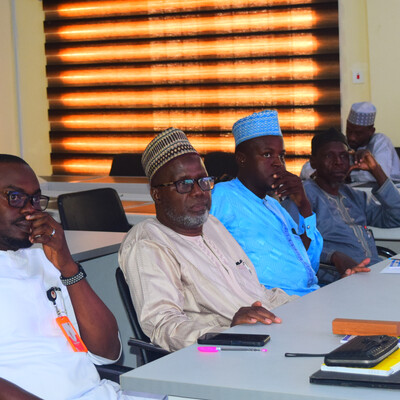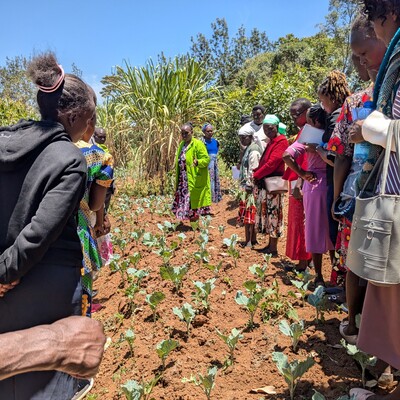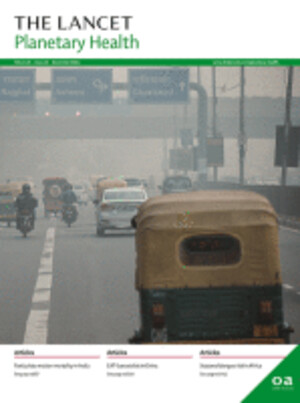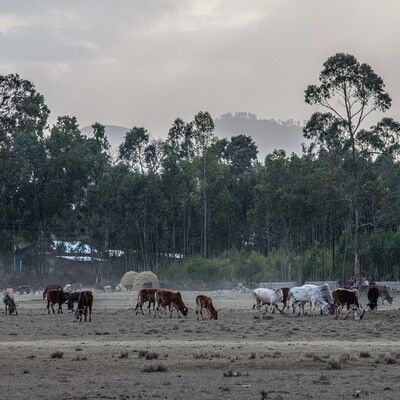

Smallholder farmers in Kongwa District, Tanzania, use the iSAT advisory tool to better manage climate risks
To help smallholder farmers make better agricultural decisions and reduce the negative effects of climate variability, the International Livestock Research Institute (ILRI) and partners have developed and piloted a method that delivers context-specific climate agro-advisories in Kongwa District, Tanzania. This effort, linked to the World Bank-funded ‘Accelerating Impacts of CGIAR Climate Research for Africa (AICCRA)' project, aims to increase resilience and sustainability in the face of changing climatic circumstances, boosting production and profitability, ensuring food security and improving livelihoods.
A 2021–2022 survey of 240 farmers in six villages, namely Sagara, Laikala, Moleti, Lengaji, Mlali and Nghumbi in Kongwa, found that smallholders there were lagging in the adoption and use of climate information services (CIS) to reduce risks in agricultural production. This was due to many reasons, but high illiteracy rates, incomprehensibility, unreliability, and poor timing of the climate information they received were among the main responses farmers gave.
‘Less than 55% of the farmers polled had access to weather forecasts by SMS, radio or TV, and only 40% of those could interpret the forecasts and utilize this information to make agronomic decisions,’ says Jacob Emanuel, an agrometeorologist, and research officer from ILRI Tanzania.
In addressing the challenges, the initiative team, which also includes experts from the International Crop Research Institute for the Semi-Arid Tropics (ICRISAT) and Tanzania Agricultural Research Institute (TARI), adopted the ‘intelligent agricultural Systems Advisory Tool (iSAT)’. This decision-support tool uses location-specific content (soils, crop varieties, etc.), seasonal forecasts from the Intergovernmental Authority on Development (IGAD), and medium-range forecasts from the Tanzanian Meteorology Authority (TMA) combined with agronomic advice from TARI to disseminate weekly messages to >280 farmers in the 2021/22 and 2022/23 wet seasons.
Disseminated weekly via a text message in Kiswahili, this content was sent to farmers both pre-seasons, for planning, and in-season, for tactical management, including the selection of lowest-risk planting and harvesting times in the dryland farming system. According to the post-season survey, access to advisories has changed the smallholder farmers’ mindset regarding the use of climate information, particularly in ensuring food security and boosting income stability.
Mostly, farmers in the villages tend to replant when seeds do not germinate, but Charles Semsanya from Lengaji says he saved the double effort during the January–February dry season by closely following iSAT advice:
‘When I heard that there would be long periods of drought, I stopped planting crops until rainy periods were predicted again.’
According to Chilamatu Paul, an extension officer, the farmers are very happy with the information they receive and wish the initiative had started earlier. And Henry Mubi, a farmer from Lengaji Village, says he relies on the predictions from the iSAT messages to plan daily farming activities.
‘We are very grateful for the agro-advisory predictions because they help us to anticipate weather changes. For example, after being informed that it would rain this week, we prepared the farm accordingly and have not been caught unawares by the current rainfall,’ Mubi says.
‘Thank you very much for the information you have provided, it has been very helpful to me. I request that this service continues.’ Grace Chimaisi, a farmer from Nghumbi village adds.
This initiative is linked to the same communities that the USAID Feed the Future-funded Africa RISING (Africa Research in Sustainable Intensification for Next Generation) project worked with from 2011–2023 and aims to further improve production in dryland farming systems. Smallholder farmers' growing awareness and interest in adopting and using CIS provide an opportunity for governmental and non-governmental actors to re-evaluate and innovate the current CIS to increase the resilience, productivity, and sustainability of Kongwa District's rain-fed systems.
The study acknowledges the Academy for International Agricultural Research (ACINAR), ILRI, and the World Bank-funded ‘Accelerating Impacts of CGIAR Climate Research for Africa (AICCRA) project, (ID 173398). ACINAR, commissioned by the German Federal Ministry for Economic Cooperation and Development (BMZ), is carried out by ATSAF e.V. on behalf of the Deutsche Gesellschaft für Internationale Zusammenarbeit (GIZ) GmbH.
Further reading on iSAT
- Joseph, E.J., Worou, N., Diedhiou, L., Dhulipala, R., Houessionon, P. and Whitbread, A. 2022. iSAT, the new generation digital agro advisory tool that empowers farmers to manage climate risks. Accelerating Impacts of CGIAR Climate Research for Africa (AICCRA).
- Hansen J.W., Born, L., Dossou-Yovo, E.R., Mwongera C., Dalaa, M.A., Tahidu, O., Whitbread, A.M., Solomon, D., Zougmore, R., Zebiak, S.E., Dinku, T. and Grossi A. 2022. Country-specific challenges to improving effectiveness, scalability and sustainability of agricultural climate services in Africa. Frontiers in Climate 4: 928512.
- Ramaraj, A.P., Rao, K.P.C., Kumar, G.K., Ugalechumi, K., Sujatha, P., Rao, S.A., Dhulipala, R.K. and Whitbread, A.M. 2023. Delivering context specific, climate informed agro-advisories at scale: A case study of iSAT, an ICT linked platform piloted with rainfed groundnut farmers in a semi-arid environment. Climate Services 31: 100403.
You may also like
ILRI News
Bridging knowledge gaps in agro-meteorological services for smallholder farmers in northern Nigeria

ILRI News
How much carbon can Kenyan grasslands store in their soils? Insights from the CarboGrass Project

Reducing livestock abortions and calf mortality to improve food security and lower GHG emissions in Tanzania and Kenya
Related Publications
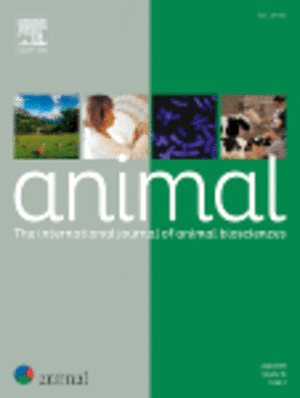
Effect of variation in gridded cattle diet composition on estimated enteric methane emissions in data sparse tropical regions
- Mutua, John Y.
- Duncan, Alan J.
- Robinson, Timothy P.
- Fraval, Simon
- Notenbaert, An Maria Omer
- Watmough, Gary R.
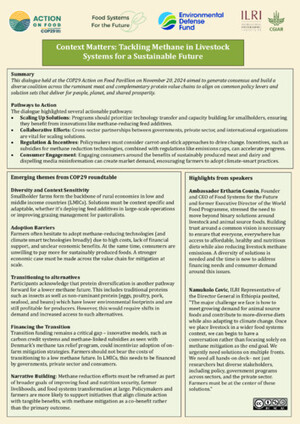
Context Matters: Tackling Methane in Livestock Systems for a Sustainable Future
- Food Systems for the Future (FSF)
- Environmental Defense Fund
- International Livestock Research Institute
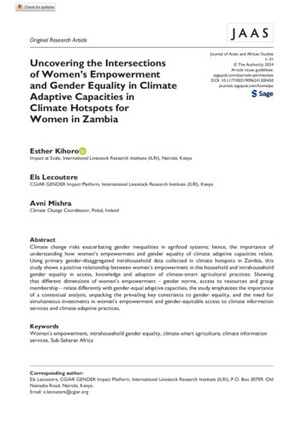
Uncovering the Intersections of Women’s Empowerment and Gender Equality in Climate Adaptive Capacities in Climate Hotspots for Women in Zambia
- Kihoro, Esther
- Lecoutere, Els
- Mishra, Avni
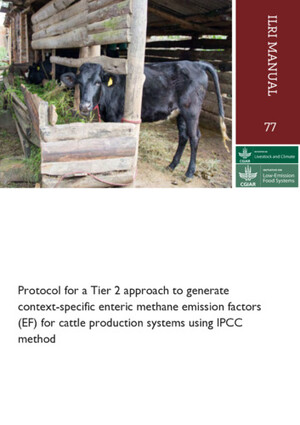
Protocol for a Tier 2 approach to generate context-specific enteric methane emission factors (EF) for cattle production systems using IPCC method
- Balcha, Endale
- Wilkes, A.
- Poole, Elizabeth J.
- Marquardt, S.
- Ndun’gu, P.
- Onyango, A.A.
- Merbold, L.
- Korir, Daniel
- del Prado, A.
- Pardo, G.
- Wisser, D.
- Lanzoni, L.
- Scholtz, M.
- Katongole, C.
- Lind, Vibeke
- Assouma, M.H.
- Dossa, L.H.
- du Toit, L.
- Rosenstock, T.
- Steward, P.
- Kagai, Jesse
- Tadese, M.
- Gibbons, J.
- Odubote, I.K.
- Bateki, C.A.
- Kimoro, B.
- Arndt, Claudia





